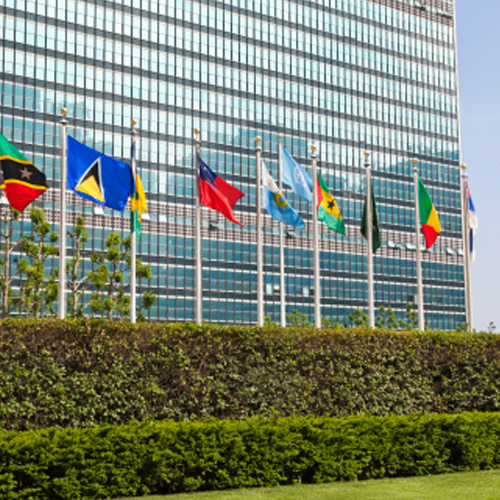
A recent study has found that Christian non-government organisations (NGOs) dominate the UN while Hindu and Buddhist voluntary organisations remain under-represented at the 193-member organisation, a British daily reported Wednesday.
The study, undertaken by Jeremy Carrette with colleagues from the University of Kent's department of religious studies, underlines the need to increase non-Christian representation in world peacemaking, The Guardian reported.
The Religious NGOs and the United Nations report said that more than 70 percent of religious NGOs at the UN are Christian, and that there is historical privilege in allowing the Vatican a special observer status, as both a state and a religion, the daily said.
It calls for greater awareness, transparency and equality in the way religious NGOs operate within the UN, and more emphasis on religious tolerance.
The report also asks for greater understanding of how religions enhance and constrain human rights and provides evidence that funding limits other religious traditions from establishing NGO work at the UN.
Islam is represented more significantly through the collective of states (the Organisation of Islamic Co-operation) rather than civil society NGOs, which are dominated by Catholic groups, according to the report.
Funding is major issue in preventing Asian religions, such as Hinduism and Buddhism, equal access, it said.
"The report highlights that while all religions are represented in some way in the peacemaking system of the UN, there are structural and historical differences that need to be addressed," Carrette said.
The report says the number of inter-faith and New Age NGOs is very small, and religious NGOs in total form only 7.29 percent of the total of consultative status NGOs at the UN.
But despite their small size, some religious NGOs can have a far greater influence, the research suggests. Among the most active religious NGO groups are Catholics, Quakers and the Baha'i faith, which have some of the highest number of meetings with UN diplomats.